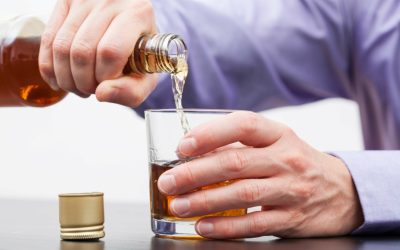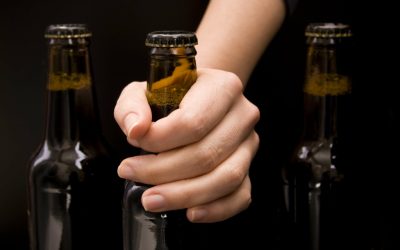When you first start drinking, you will begin to experience mild signs of impairment. You’ll feel the relaxation and positive mood that makes alcohol consumption enjoyable but also some of the adverse side effects. You may also become less coordinated, and your speech may begin to slow down.
How Pets Can Provide Emotional Support in Sobriety

Clean and sober since 2009, Michael is passionate about helping others discover their authentic self and live a life of true freedom and purpose. Plus, we’re always introducing new features to optimize your in-app experience. We recently launched our in-app chatbot, Melody, powered by the world’s most powerful AI technology. Melody is here to help as you adjust to a life with less (or no) alcohol.
The Role of Counseling and Therapy in Addiction Recovery

When you drink alcohol, it can lead to dehydration, which may worsen the effects of a hangover. By staying hydrated with water or electrolyte-rich drinks, drug addiction treatment you can support your body in flushing out toxins and metabolizing alcohol more efficiently. Establish a calming bedtime routine, such as reducing screen time or practicing relaxation techniques, to improve sleep quality. If you feel tired, listen to your body—rest boosts energy levels and aids your body’s natural processes.
- They’re also there to reassure you that withdrawal will pass, helping you stay focused on becoming healthier and feeling better.
- Always seek the advice of a physician or other qualified health provider with any questions you may have regarding a medical condition.
- Consuming alcohol faster than the liver can metabolize it leads to increased blood alcohol concentration (BAC), which can result in intoxication and impairment.
- Now that you have some ideas of how to experiment with your own recipes, let’s look at a few to get you started and inspire you.
- In contrast, opioid withdrawal can start within 6-12 hours and last several days, while stimulant detox may taper off within a week.
- Additionally, food intake, hydration levels, and medication usage can impact alcohol processing.
What role does self-care play in an effective alcohol detoxification journey?

There are genetic factors, with variations in the enzymes that break down alcohol. There are also environmental factors, such as the amount of alcohol consumed. Those who occasionally indulge in drinking too much on a night out often think about the potential consequences with their hangover.
Although you can’t force it out of your system, some things may enable it to be flushed out more quickly. Recognizing the symptoms and risks of alcohol withdrawal is crucial for a safe recovery journey. Seeking professional help and embracing a holistic approach can improve the chances of successfully overcoming alcohol dependence.
De Beers Engagement Ring History: The Rise of Diamonds as Timeless Symbols of Love
On average, your body eliminates alcohol at a rate that would reduce your BAC by 0.015 per hour. That’s the equivalent of processing about one alcoholic beverage each hour. At that rate, you can still be over the legal limit of 0.08 to drive the next morning if you’ve had several drinks or more. Alcohol can be metabolized faster when you have eaten prior to drinking.
Still, only when these organs are healthy can they effectively eliminate unwanted substances. Many diets and supplements claim to ‘detoxify’ the body from these substances, but they are typically unsupported by research. The body ‘detoxifies’ itself naturally and doesn’t actually require special diets or expensive supplements https://www.yaadfuzionmusic.com/sober-living/dialectical-behavior-therapy-dbt/ to eliminate toxins. Alcohol withdrawal symptoms can be serious depending on an individual’s addiction history.
How to Celebrate Milestones in Recovery Without Substances
Comprehensive alcohol rehab programs offer support for managing alcohol use and achieving long-term recovery. Detoxing from alcohol is a crucial step in overcoming alcohol addiction. Alcohol detox involves eliminating how to clean my system from alcohol alcohol from the body and managing withdrawal symptoms. Withdrawal can vary in intensity, ranging from mild to severe, depending on the level of alcohol dependence. Professional supervision during rapid detox is crucial due to the risk of severe withdrawal symptoms that may require medical intervention.

